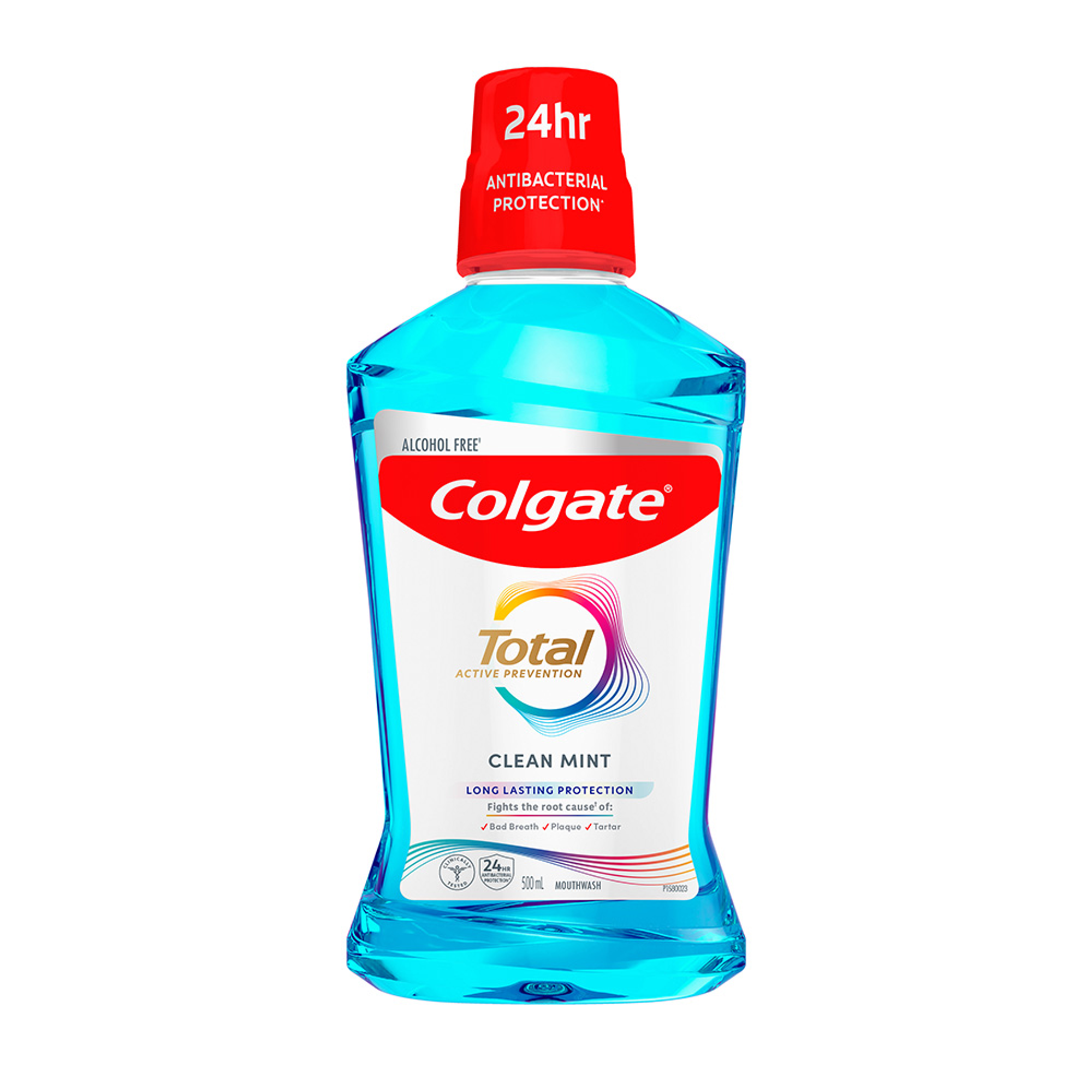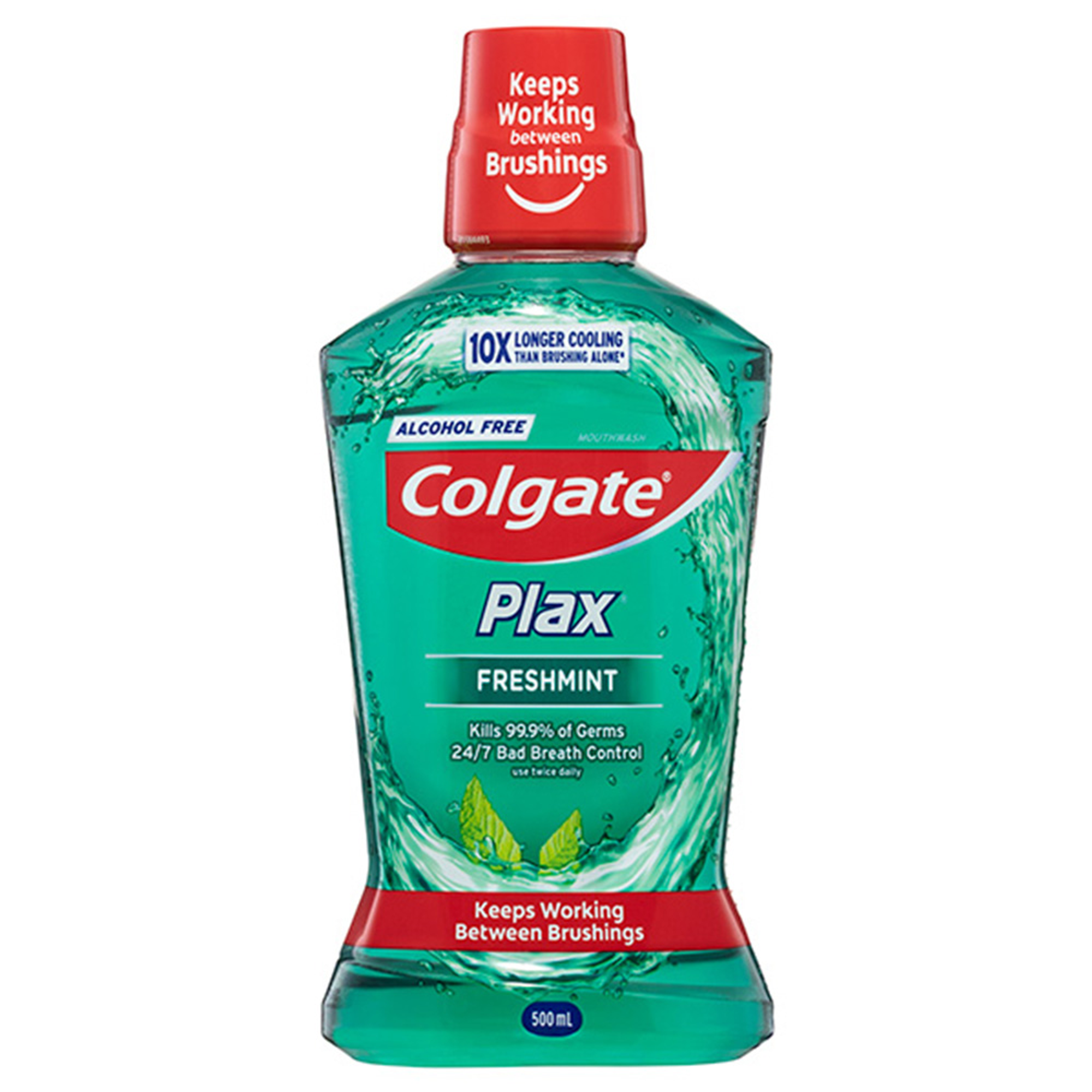
The eruption of a child's teeth is a natural and gradual process that varies amongst individuals. Understanding the normal sequence of tooth eruption can help parents know what to expect and when to seek professional advice. Parents have various concerns about teeth eruption which is a significant aspect of development. Some concerns they may have are when teeth erupt too early or when teeth erupt late and also when teeth may erupt in an irregular pattern. There is a general guideline for teeth eruption and it is the responsibility of oral health professionals to provide parents, families and caregivers with the right information at the appropriate time. Communicating with parents and caregivers about early and late eruption of teeth is crucial for ensuring proper dental care for children, maintaining optimal oral health and avoiding complications.
Timing and milestones
There is considerable variability in tooth eruption times, and some deviation from the average range is normal. Each child is unique, and teeth may erupt at different times for different individuals. In cases of eruption patterns that are outside the norm a thorough examination and further investigation is required. The use of radiographs can be helpful to provide information about the issue to the practitioner, in educating parents, relieving concerns and in the referral process. Encourage parents to bring their children for regular check ups and be sure to monitor the development of teeth. Parents love to celebrate milestones such as when their child gets their first deciduous tooth, loses their first tooth, gets their first permanent tooth or loses their last baby tooth. These milestones can help create positive associations with dental care and create on-going opportunities to discuss, educate and address concerns. During regular check-ups share typical timelines and give parents helpful reminders about how to look after their child’s teeth through the developmental stages. Parents may not be aware of the potential complications arising from early/late eruption therefore follow up any referrals, delayed eruption and review oral health. By employing these communication strategies, oral health professionals can build trust, empower parents to take an active role in their child's oral health, and ensure a positive and informed experience for both parents and children.
Communication
To help parents and caregivers monitor their child's oral development closely, establish good oral hygiene practices early on, and seek professional guidance if any concerns arise.Here are some helpful strategies:
Encourage questions: Get parents and caregivers involved in check ups or take intra-oral pictures to show them erupting teeth, mobile teeth or any gaps/missing teeth.
Be informative but avoid jargon: Early intervention can help manage and prevent potential complications associated with early/late tooth eruption. Provide verbal and written information, offer follow-ups and include parents in the decision-making processes. Discuss treatment options and consider their preferences. Use visual-aids where appropriate and use simple language that they can understand.
Be empathetic: Parents may feel anxious or worried about complications arising due to early/late eruption. They may be worried about cost or how complications may impact development, confidence and oral health. Be empathetic and provide reassurance.
Cultural sensitivity: different cultures may have different views about tooth eruption and oral health. Be culturally sensitive in your communication. Understand and respect cultural beliefs related to oral health, adapting your approach accordingly.
Debunking fears
Addressing concerns can be quite tricky at times. To help alleviate parents’ fears, empower them and build trust by demonstrating active listening. Foster open communication by creating a safe space to ask questions. Knowing how to respond to fears may take time but be prepared and be attentive. Document what their concerns are in detail. Use positive and reassuring language to reframe the way to think about teeth eruption. A simple example would be when a parent is worried about not giving enough appropriate nutrients during their child’s early development which they believe may have led to late eruption of teeth. These fears arise from lack of knowledge and debunking them may result in better oral health outcomes and understanding. Be respectful to their views and redirect with positivity.
Christine Murthi is an Oral Health Therapist graduated from Auckland University of Technology. Prior to this she obtained qualifications in pharmacology and secondary teaching from the University of Auckland. She has teaching/tutoring experience spanning more than ten years. Through this teaching experience combined with her diverse cultural background she has developed a passion for promoting diversity in clinical practice, overcoming communication barriers and connecting with the community. As a member of the Colgate Advocates for Oral Health: Editorial Community, her contributions to the dental community aim to promote good oral health for all and keeping a healthy smile for life.
Join us
Get resources, products and helpful information to give your patients a healthier future.
Join us
Get resources, products and helpful information to give your patients a healthier future.











